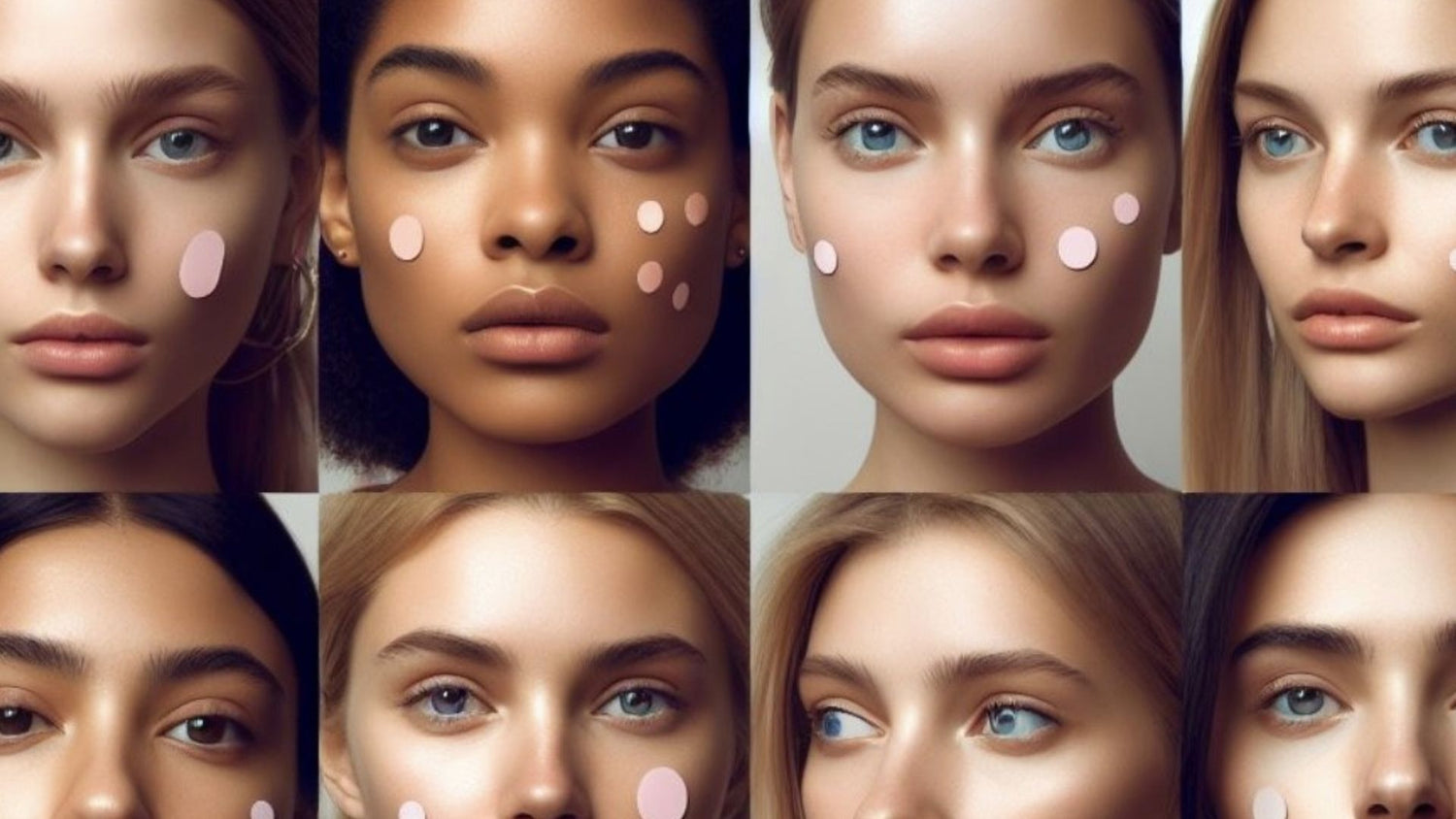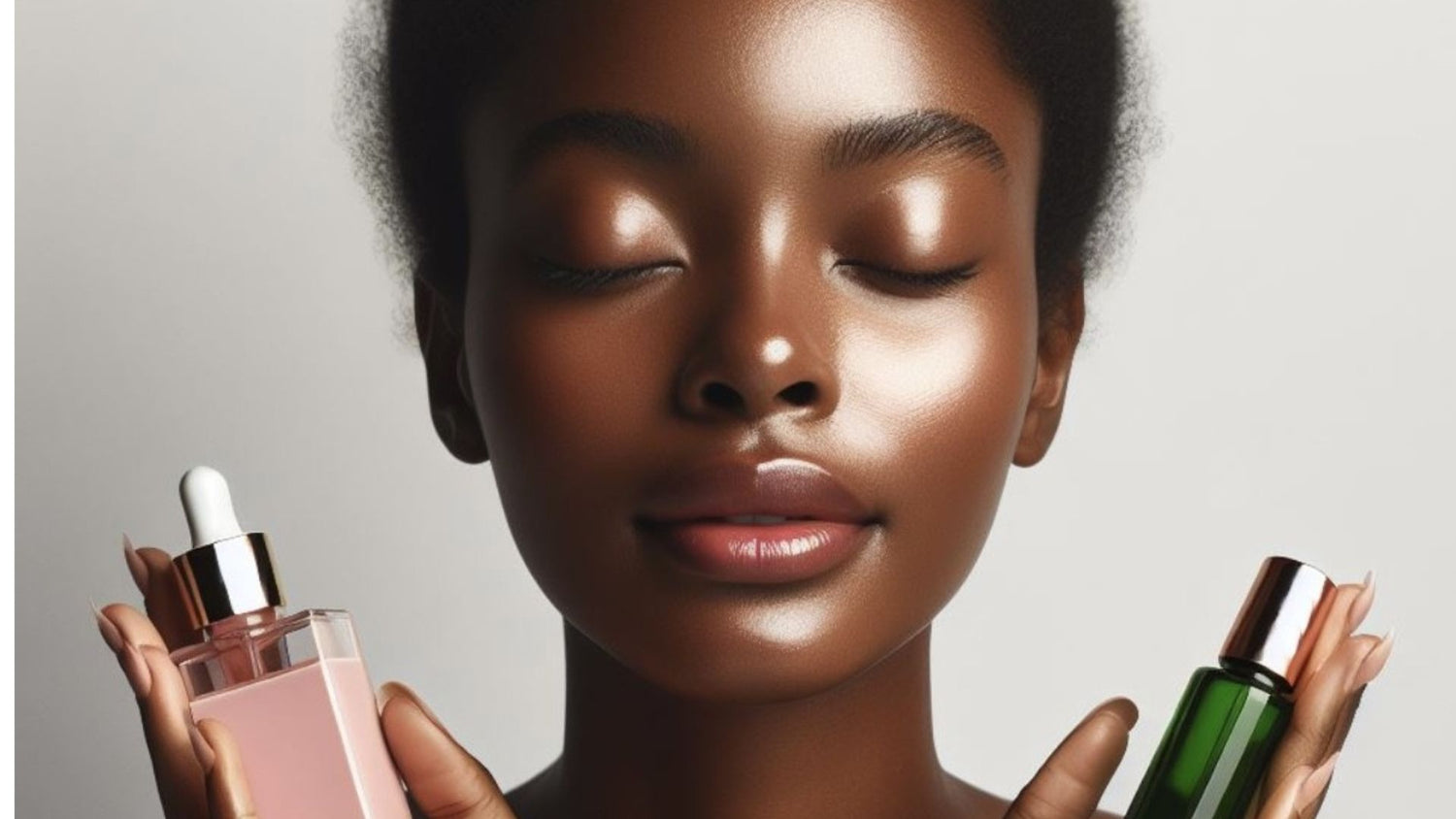Did you know that Vitamin C in humans must be ingested for survival. Most of the animal kingdom can produce its own vitamin C. However humans cannot produce it and therefore need to consume it to maintain life.

- Vitamin C is required for growth and repair of tissues in all parts of the body including the skin. It is essential for life and in healing wounds and maintaining the integrity of gums, bones, and teeth.
- Vitamin C is a highly effective anti-oxidant. An anti-oxidant is a molecule that slows or prevents cell damage caused by free-radicals. A build -up of free radicals over time is responsible for the aging process both internally and topically and can contribute to the development of cancer, heart disease, and inflammatory conditions like arthritis. Anti-oxidants can also work as a strong anti-inflammatory, helping rid the body of pollutants like cigarette smoke. Free radicals are the leading cause of skin aging and wrinkles.
- But what exactly is a free radical?
- Absolutely everything in the world, from human beings to the air around us, is made of molecules. Molecules are made of atoms and atoms are made of pairs of electrons. But when an atom is missing an electron, that’s when we talk of free radicals.
- Free radicals can damage the skin by trying to grab an extra electron from atoms in the skin. When atoms are taken away from molecules in the skin, it causes damage to our skin’s DNA that can speed along skin aging. This is called the “free radical theory of aging.”
- This little science lesson probably raises the question: And what does this mean for me and my skin? Here’s a guide on how to better understand how free radicals work and how you can keep them from affecting your complexion.
WHERE ARE FREE RADICALS?
- Free radicals can be created from pollution such as smog, dust and cigarette smoke, as well as our good friend the sun.
- WHAT DOES FREE RADICAL DAMAGE LOOK LIKE?
- Skin damage done by free radicals may appear in several forms. They range from changes in skin color (brown spots and broken blood vessels) to weakened skin that looks loose and saggy as a result of damaged elastic fibers. Free radicals can also break down the skin’s collagen and create wrinkles. Free radicals are the leading cause of skin aging and wrinkles.
- HOW CAN I STOP FREE RADICALS FROM HARMING MY SKIN?
- Your answer to free radicals are antioxidants! They are compounds that can donate an electron to a free radical so that the free radical doesn’t have to take the electron from the skin’s atoms.
- Antioxidants include vitamin A, vitamin C and vitamin E and can be consumed via food and liquids (such as tomatoes, grapes and green tea) or applied topically.
- Topically applied antioxidants exert their benefits similarly by offering protection from damaging free radicals. Oxidative stress breaks down collagen, hinders skin’s natural repair process and triggers inflammation—and you see these as fine lines, wrinkles, loose skin, acne breakouts and a blotchy skin tone. By scavenging free radicals, antioxidants can help prevent and correct these visible signs and give skin a more youthful glow.



